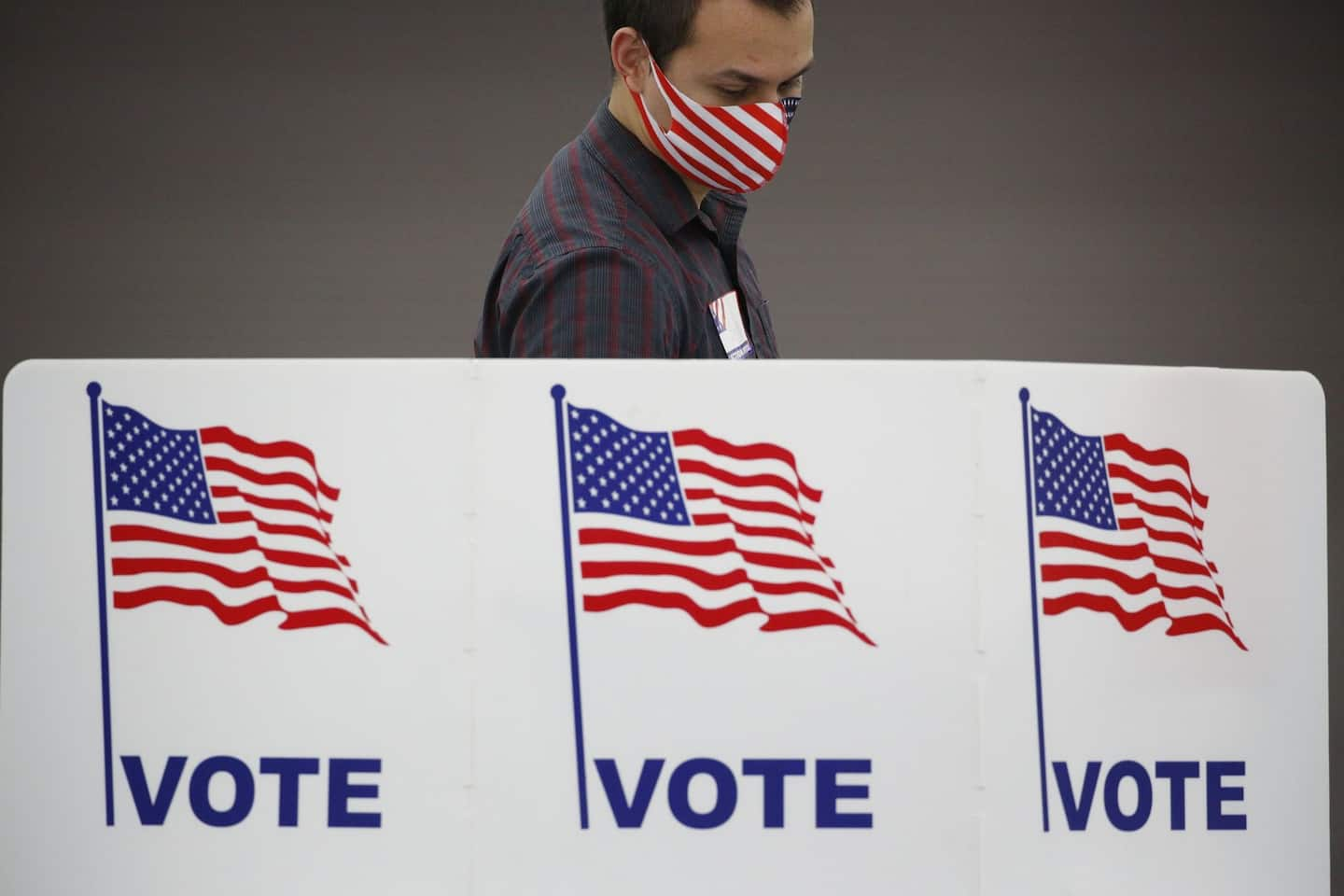Democrats have a chance to expand voter access. But they’re focusing on the wrong bill.

The other bill Congress is considering, named for civil rights icon John Lewis, is the better way, because it hews to the federal government’s essential role in protecting the franchise from racial discrimination. Yes, Congress has the constitutional power to make all the rules for congressional elections, but that’s never been done, and now is not the time to start. Instead, Congress should define the floor below which no state can go, to satisfy the basic standard of giving all citizens a sufficient opportunity to vote.
The Senate even should contemplate modifying the filibuster for the purpose of passing a law that protects voting rights — it’s that important — although it would be far preferable to pick up 10 Republicans for landmark voting legislation.
But Democrats should not move forward with the measure, known as S. 1 in the Senate, as is. Republicans have legitimate objections to multiple parts of this gargantuan bill, and those concerns can be addressed without sacrificing the need to protect ballot access.
Here’s an illustration: The bill would require states to adopt both in-person early voting and “no excuse” vote-by-mail. But both approaches are not necessary to assure that voters have an adequate opportunity to cast a ballot. Either would suffice.
Two weeks of in-person early voting, including Saturdays and Sundays, would virtually guarantee the right to participate, with traditional excuse-based absentee ballots available for those who can’t vote in person.
There are sound policy reasons why a state might be skittish about “no excuse” vote-by-mail. For one thing, the rate of spoiled ballots is higher with vote-by-mail than with in-person voting. The federal government should not force the practice upon states.
Conversely, a state might prefer the convenience of vote-by-mail. That, too, should be a state’s prerogative, without being required to have the belt-and-suspenders duplication.
The congressional touchstone should be that all voters must have adequate access to the ballot. Congress, however, should not micromanage how states provide that access.
Here are some other objectionable elements. The measure would mandate “same day registration,” requiring states to let voters cast a ballot the same day that they register to vote. While states should be able to adopt this policy, it’s not unreasonable — and it should not be unlawful — for states to require voters to register in advance, as currently occurs in most states.
The bill would also require that states permit “ballot harvesting,” or, to use a more neutral term, organized “ballot collection.” This a perilous practice that recent history shows is susceptible to improprieties, including a 2018 North Carolina congressional election where a Republican operative abused the collection of absentee ballots.
It would also prevent states from requiring any form of voter identification. It’s one thing for Congress to stop states from imposing unduly burdensome ID rules — like a notarization requirement for absentee ballots. But it’s excessive for Congress to deny states the power to employ reasonable ID rules that do not operate as barriers to participation.
These objections all come before even considering the bill’s campaign finance provisions, and that’s part of the problem. The bill tackles too many different topics and should be broken into separate measures. The priority should be ensuring passage of what’s absolutely essential for securing federal elections that enable voters to choose the officeholders who get to exercise power.
By that standard, the anti-gerrymandering provisions deserve special attention, as sensibly noted by Sen. Angus King (I-Maine) at a hearing last week. The bill contains detailed prescriptions for creating independent redistricting commissions to draw the legislative boundaries required after each decennial census. While these details are negotiable, it’s imperative to stop the distortion of districts that enables politicians to choose their voters rather the voters choosing their representatives.
Democrats should identify 10 Republicans to develop a compromise that achieves valid voting-rights goals without depriving states of appropriate latitude. One potential group includes the five retiring Republicans — Roy Blunt (Mo.), Richard Burr (N.C.), Rob Portman (Ohio), Richard C. Shelby (Ala.) and Patrick J. Toomey (Pa.) — plus Susan Collins (Maine), Charles E. Grassley (Iowa), Lisa Murkowski (Alaska), Mitt Romney (Utah) and Ben Sasse (Neb.).
If that proves fruitless, then move on to moderate Senate Democrats, including Joe Manchin III (W.Va.) and Kyrsten Sinema (Ariz.), about possibilities for filibuster reform.
This moment calls for a new voting rights law that brings together Democrats and those Republicans who believe the will of the voters should decide elections.
Right now, however, Democrats are in danger of missing the moment, by going too big and too far.
Read more:






